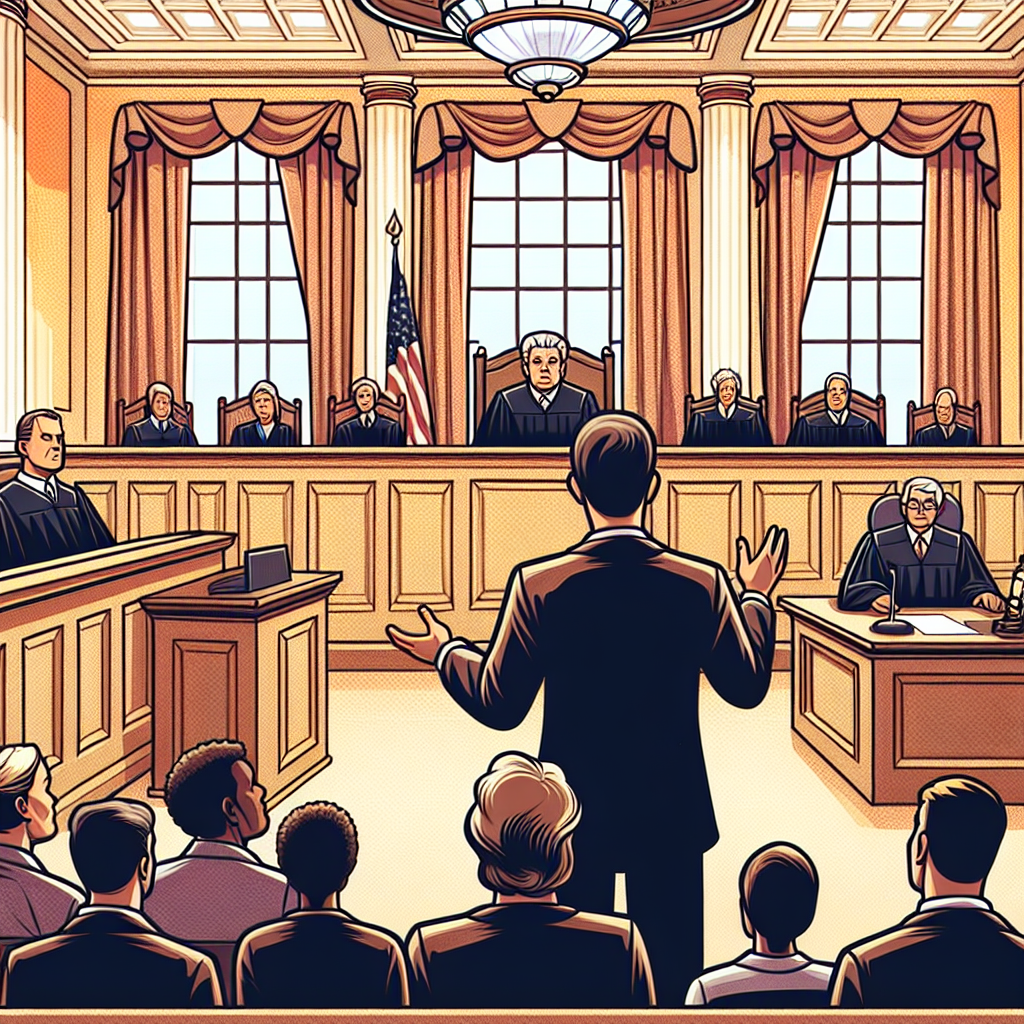Supreme Court to Rule on FCC's Universal Service Fund Legality
The U.S. Supreme Court is set to determine the legality of the FCC-operated Universal Service Fund, which supports telecommunication access. Challengers argue Congress unlawfully delegated its authority to the FCC, raising constitutional questions. A decision is expected by June, impacting broadband expansion efforts across the U.S.

The U.S. Supreme Court has agreed to review the legality of a congressionally authorized fund managed by the Federal Communications Commission (FCC), aimed at expanding telecommunication services. The challenge questions whether Congress unlawfully delegated its revenue-raising authority to the FCC, a federal agency.
In 1996, Congress approved the Telecommunications Act, enabling the FCC to oversee the Universal Service Fund, which collects around $9 billion annually to support phone and internet services, particularly in rural and underserved areas. The case has sparked significant legal debate, examining the non-delegation doctrine.
The Supreme Court, dominated by a 6-3 conservative majority, has recently limited federal regulatory power in various rulings. The pending decision, expected by June, could have far-reaching effects on telecommunication service distribution and federal agency authority.
(With inputs from agencies.)
ALSO READ
Republicans On Track for Congressional Dominance
Republican Surge: Trump’s Party Eyes Total Congress Control
Political Tensions Flare as Vijayan Challenges Congress Over Jamaat-e-Islami Links
Kharge Lashes Out: Constitution Controversy Sparks Political Clash
BJP Launches Verbal Assault, Accuses Congress of Inciting Division Ahead of Maharashtra Polls










